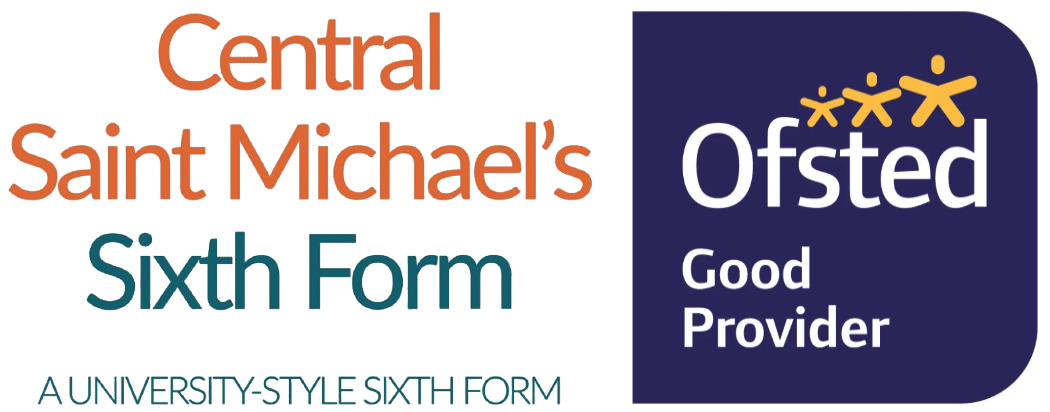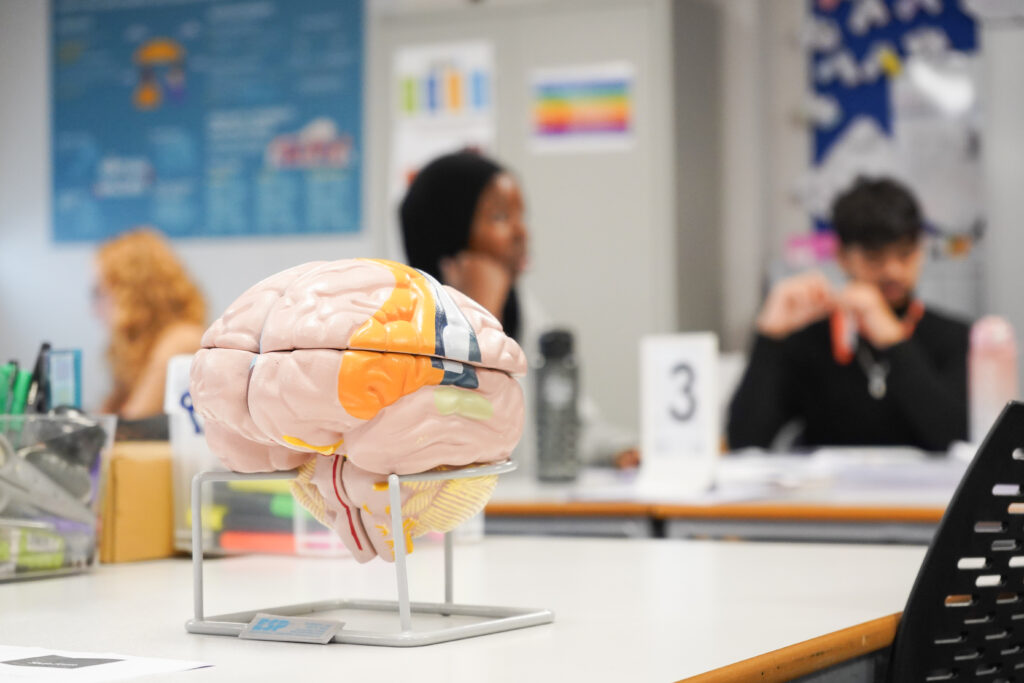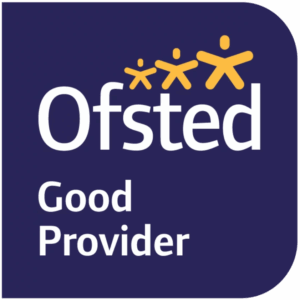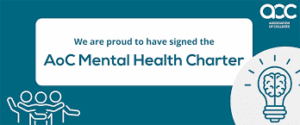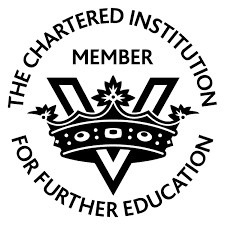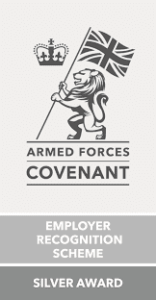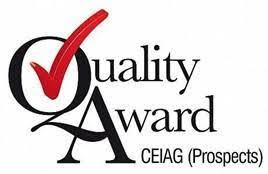Are you curious about how the mind works and why people behave the way they do? The A Level Psychology course at Central Saint Michael’s covers key areas such as memory, social behaviour, and the role of the brain in shaping our actions. Although a GCSE in Psychology can be helpful, it is not an entry requirement. The course introduces key concepts from the start, making it accessible to all motivated learners, and is useful preparation for university study in Psychology or related fields. It also supports careers where understanding human behaviour is important, such as healthcare, education, communications and human resources. This is a challenging and rewarding subject that encourages critical thinking and deep analysis of complex ideas for you to succeed.
Content Overview
Year 1
Paper 1 – Social and Cognitive Psychology: Explore how people are influenced by others, and how memory and perception work, including key studies and theories.
Modules:
1. Social Psychology – Investigates how individuals are influenced by groups, including obedience, conformity, and prejudice.
2. Cognitive Psychology – Explores mental processes such as memory and perception, including models of memory and factors affecting eyewitness testimony.
Paper 2 – Biological Psychology and Learning Theories: Learn how the brain and biology affect behaviour, and how learning occurs through experiences and conditioning.
Modules:
3. Biological Psychology – Examines the role of the brain, hormones, and genetics in behaviour, including aggression and brain structure.
4. Learning Theories – Focuses on how behaviour is learned through association and reinforcement, covering classical and operant conditioning and social learning theory.
Year 2
Paper 1 – Foundations in Psychology: Builds on Year 1 topics, adding Issues and Debates, encouraging students to think critically about psychological research and theories.
Modules:
1. Foundations in Psychology – Consolidates Social, Cognitive, Biological and Learning Theories with an added focus on Issues and Debates in psychology.
Paper 2 – Applications of Psychology: Focuses on how psychology is used in real-life settings, with in-depth study of Clinical and Child Psychology.
Modules:
2. Applications of Psychology – Applies psychological knowledge to real-world contexts through the study of:
a. Clinical Psychology – Understanding mental health disorders and treatments.
b. Child Psychology – Investigating development, attachment and the impact of upbringing.
Paper 3 – Psychological Skills: Tests research methods, understanding of key studies, and ability to apply knowledge across all areas through synoptic questions.
3. Psychological Skills – Includes:
a. Research Methods – Designing, conducting and analysing psychological research.
b. Synoptic Review of Studies – Reviewing key studies across all topics.
c. Issues and Debates – Evaluating broader themes such as ethics, nature vs. nurture, and cultural bias.
